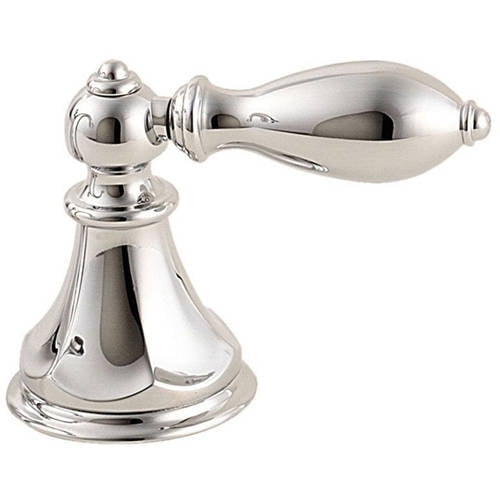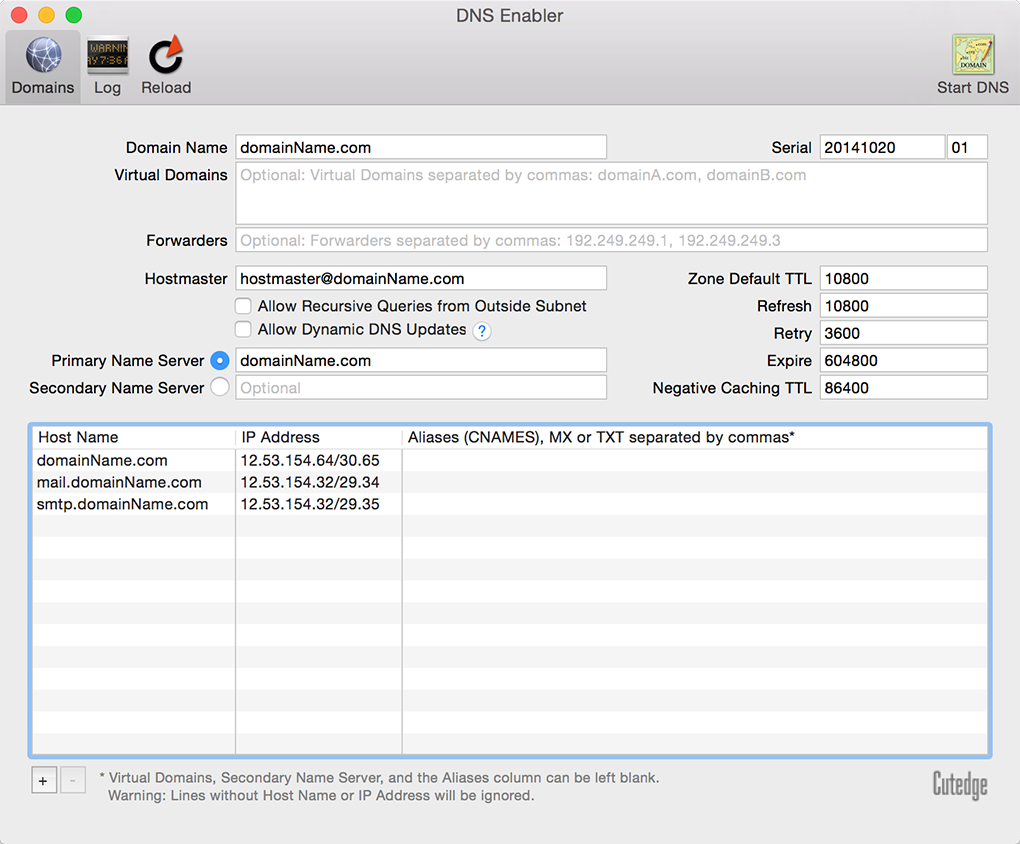

- #Trim enabler for catalina install#
- #Trim enabler for catalina pro#
- #Trim enabler for catalina plus#
- #Trim enabler for catalina mac#
Chose a fresh install for High Sierra and waited. Load Command R and get the screen where you can choose. Reboot again, PRAM reset again, SMC reset as well. Expand directories and Format + rename drive to GUID as per usual.ħ.

Command R again, Disk Util - and the unit recognizes the drive!! YES!Ħ. Plugged it in, PRAM reset - audible chime difference. Command R, reboot and the machine didn't recognize the drive. Booted the machine up and got the question mark folder. Installed the SSD and left the bottom off just in case. Obvious prep to get ready for the new SSD, backup etc etcġ. It's either that or it's an OSX compatibility issue which are the only things I can think of. What I did is not any different to you and to be honest, I think you have a dud SSD. This is a 3x write increase over the 128GB Apple SSD, so I'm very happy. I seem to have hit square on with write 18k and read and 21k.
#Trim enabler for catalina plus#
Of course, I read this entire stack of replies ( plus a LOAD of other threads and videos) but it appears to be hit and miss for a lot of people. I did not experience any significant issues. Sabrent Rocket 1TB 2242 NVMe paired to the same NFHK N-1708A adapter. I'm very late to the party but here goes.
#Trim enabler for catalina mac#
Strangely, if I shut down the macbook normally and then turn it on again, this problem does not occur, so that the mac then boots normally into MacOS. MCA Error Report CPU Machine Check Architecture Error Dump (CPU: Intel (R) Core (TM) i5-7360U CPU 2.30GHz, CPUID: 0x806E9) CATERR detected! No MCA data found. If I then manually shut it down again and then boot into recovery mode with cmd + R (sometimes it is the Internet recovery and sometimes the system-internal recovery, booting into recovery mode from usb drive works as well) and then shutdown the macbook in this mode and then start it again, the macbook booted without exception and without any problems always normal to MacOS.Īfter this procedure when I am in the operating system, the following appears in the error report: It switches off, takes about 15 seconds, then switches on again and then shows the folder symbol with the question mark - it does not seem to recognize the hard drive. Big Sur is now fully installed and I have all my data back via a Time Machine backup, but it still seems to have a problem when restarting: During the installation where the MacBook had to restart several times, I noticed that the MacBook shuts down, but then I had to restart it manually because it didn't do this by itself. With the help of an external recovery stick, I first formatted the new SSD as APFS and in the GUID partition scheme and then installed Big Sur. The installation itself went without any problems and the new SSD was recognized immediately.
#Trim enabler for catalina pro#
For instance, by setting it to INFO, all SEVERE, WARNING and INFO messages will be logged but not any with a level to the right of that list.Īlso another option is set a limit to console handler by adding this line to conf/logging.properties .limit = 1024000Īnd rotate catalina.out configuring an automatic task to remove older ones.A few days ago I swapped the factory-installed 128GB SSD for a Sabrent 1TB Rocket NVMe PCIe M.2 2242 SSD on my 2017 MacBook Pro without a touchbar. I'd try replace ALL, FINEST, FINER, FINE by CONFIG or even INFO. Possible levels, in increasing level of frequency are SEVERE, WARNING, INFO, CONFIG, FINE, FINER, FINEST or ALL. Look for this line in conf/logging.properties .level =. I'd also check the level of the log messages and set a higher level if possible. Catalina.out reaches such a large size because:ġ- there might be many logging messages sent to console handler, andĢ- also there is not any rotation of catalina.out (and no policy to remove older catalina.out).įirst, as there might be some duplication and the messages in catalina.out, which could also be stored in *log messages too, I'd check if the contents of the log files (catalina.log) are the same as those of catalina.out, if so then you can edit file conf/logging.properties and remove console handler


 0 kommentar(er)
0 kommentar(er)
